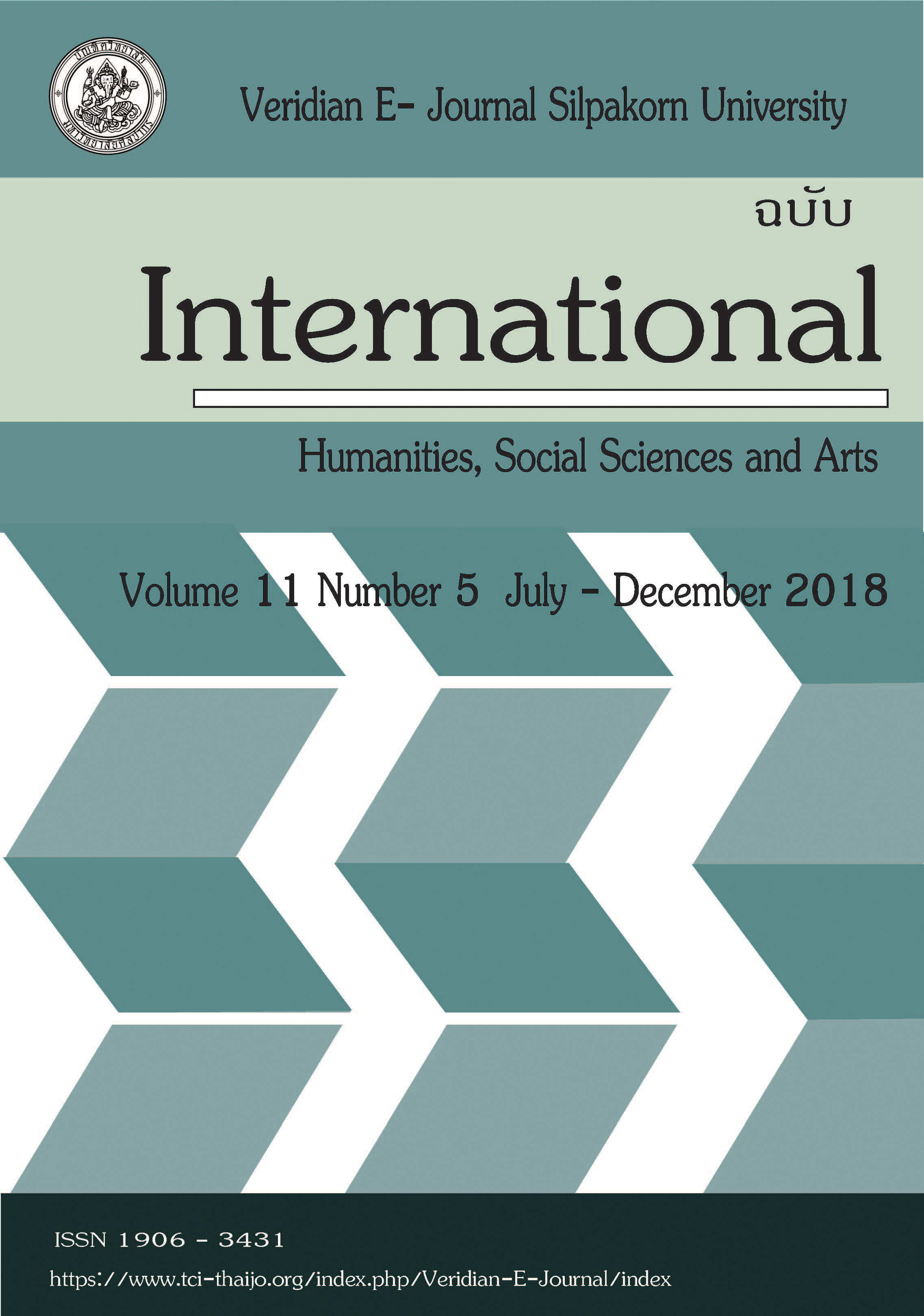The Development of Coaching and Mentoring Model of Instructor and Support Staff
Main Article Content
บทคัดย่อ
The purposes of this study were to 1) analyze the current states of coaching and mentoring in a university, 2) develop a coaching and mentoring model of instructors and support staff, 3) examine the quality of coaching and mentoring model of instructors and support staff, and 4) evaluate the satisfaction of the model. The sample consists of 38 instructors and support staff, 12 mentors, and 11 experts for focus group who were selected by means of a purposive sampling technique. Research tools include 1) an attitude questionnaire related to the current states of coaching and mentoring of instructors and support staff, 2) a model evaluation form for a focus group, 3) an evaluation form of desirable characteristics of instructors and support staff, and 4) a satisfaction evaluation form. Data analysis involved percentage, mean, standard deviation, and content analysis.
The research findings were as follows: 1) for the current states of coaching and mentoring of instructors and support staff, the qualifications of coaches focusing on outcomes-oriented skills, acquired learning skills, being good companionship by the concept of “give heart, united heart, attentive mind, open mind” were rated at a highest level. Received feedbacks from job performance as good companionship; participation in job performance self-assessment; perceived organizational changing situation, problems and constraints, current and future missions to be done by the organization; and having coaches and mentors helping with increased confidence at work were at a high level. 2) the coaching and mentoring model of instructors and support staff contains (1) principles of a model, (2) objectives of a model, (3) coaching and mentoring processes, (4) monitoring and evaluation, and (5) success conditions of a model. 3) for model quality, the model processes suggested highest level of mean, followed by success conditions of a model, objectives of a model, principles of a model, monitoring and evaluation with high level of mean. 4) the satisfaction of instructors and support staff on the model was at a high level in overall.

